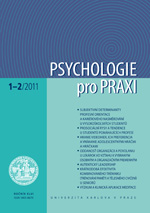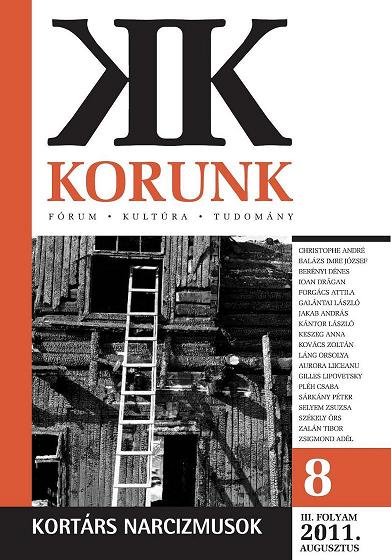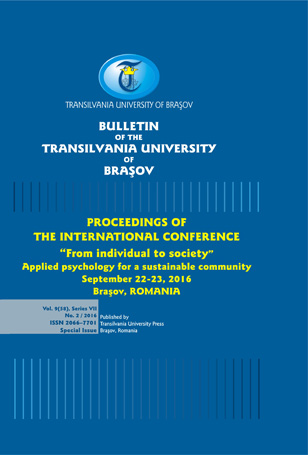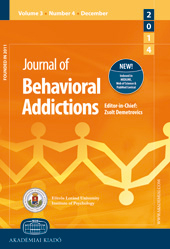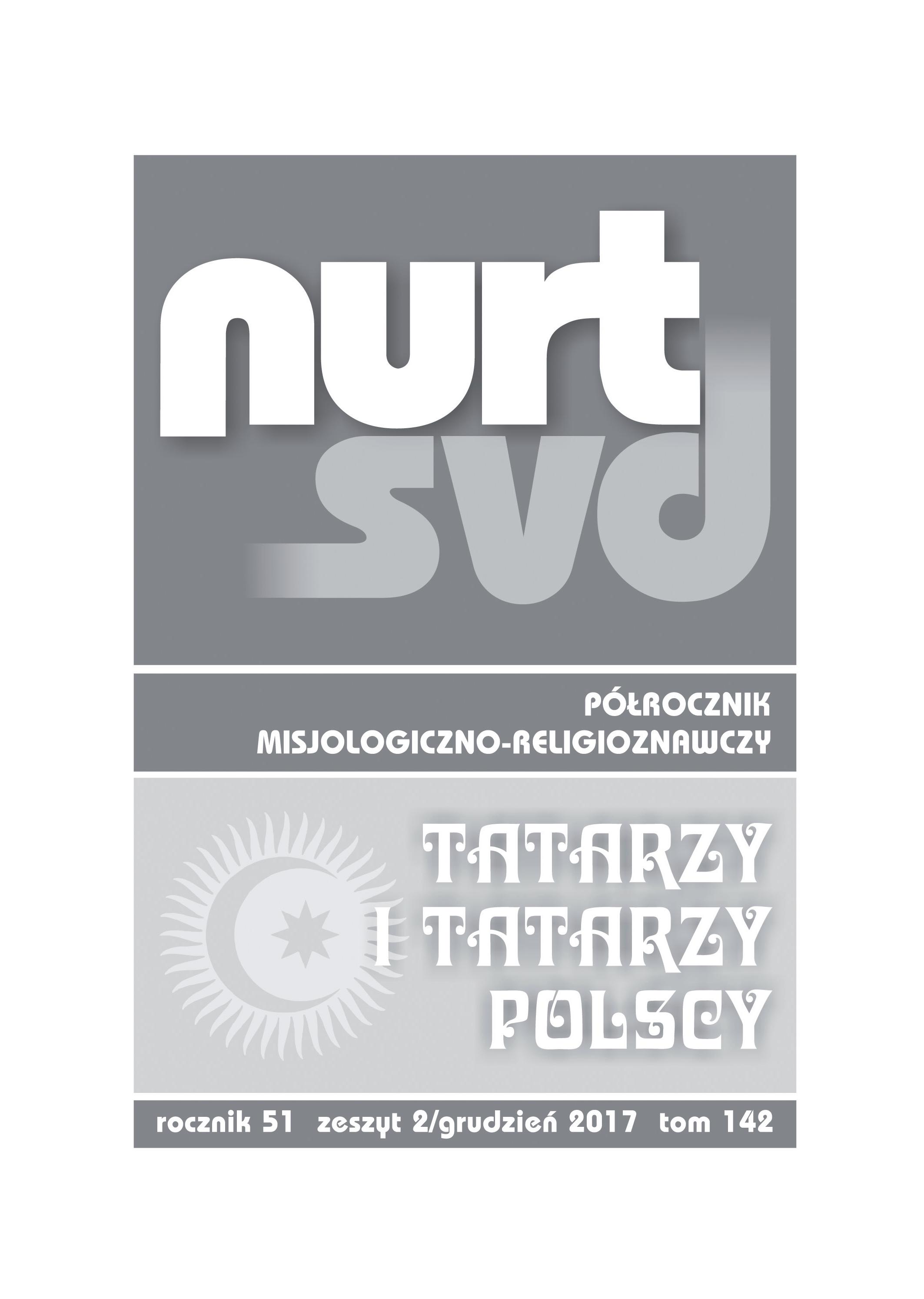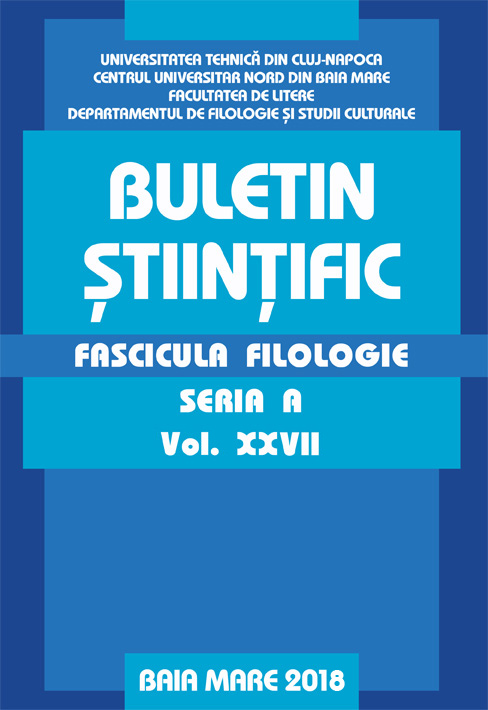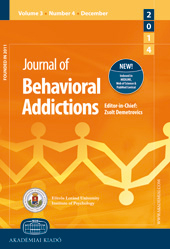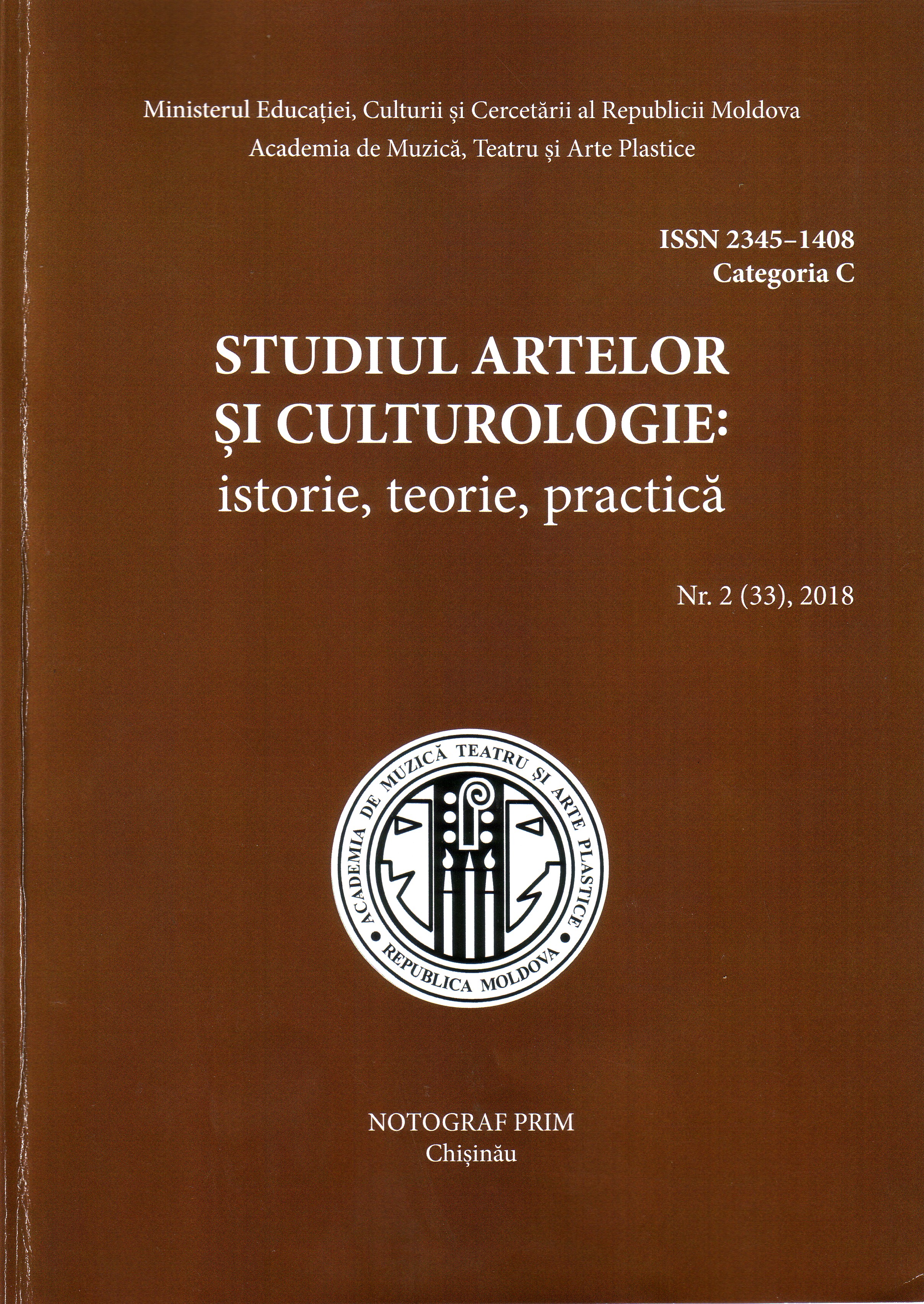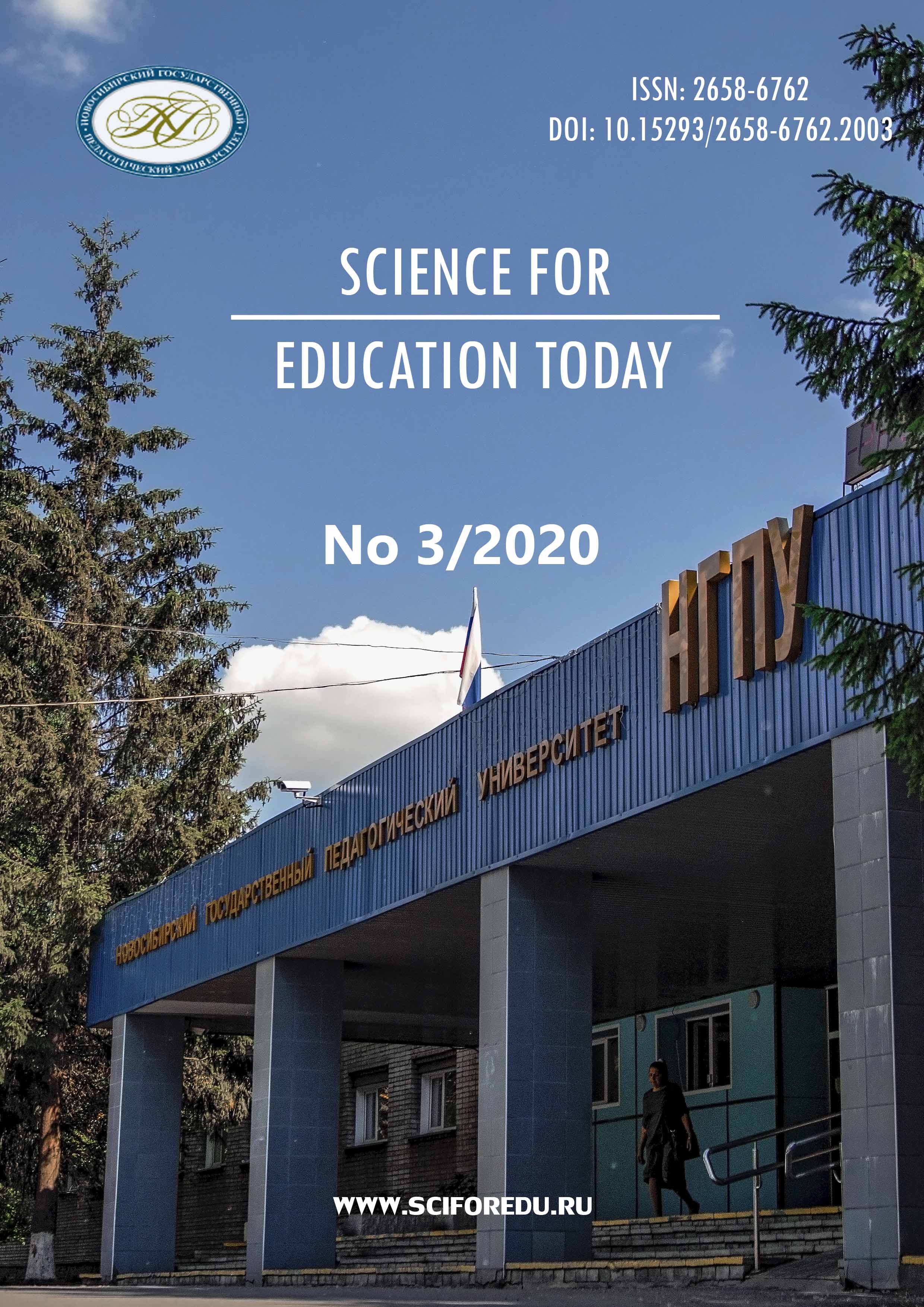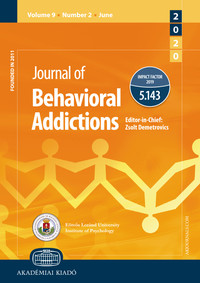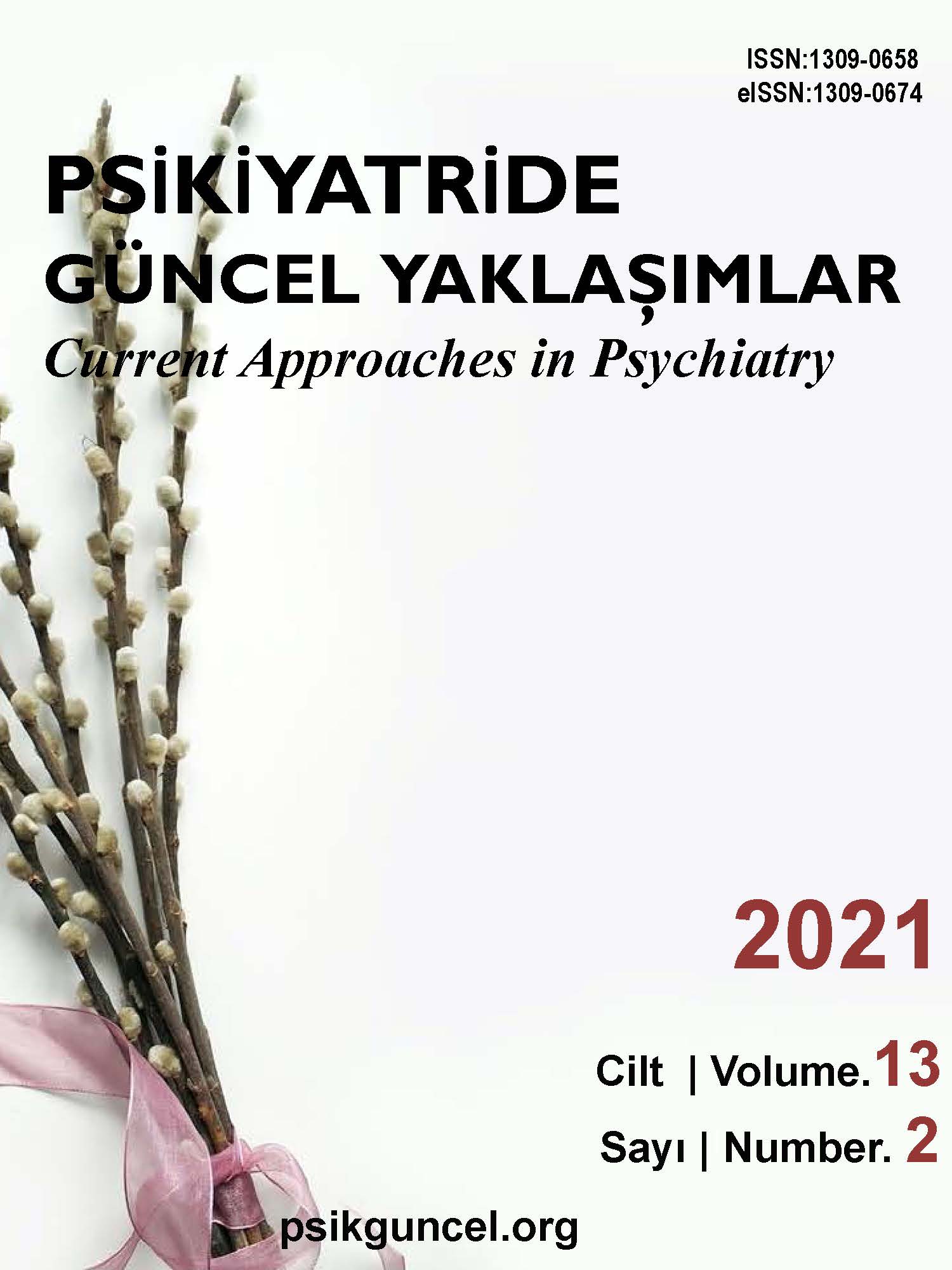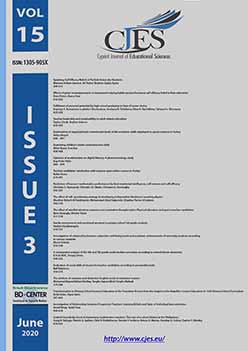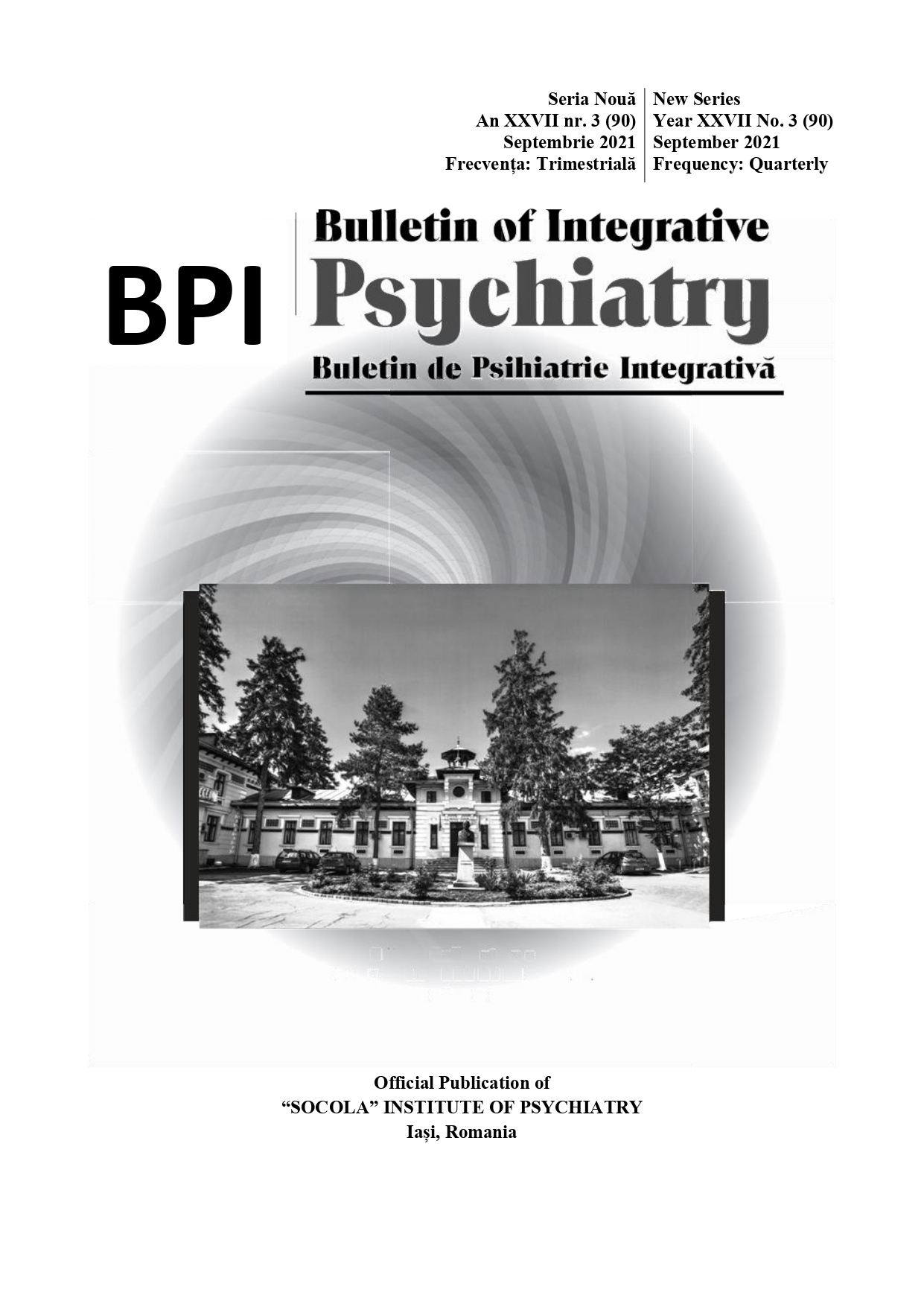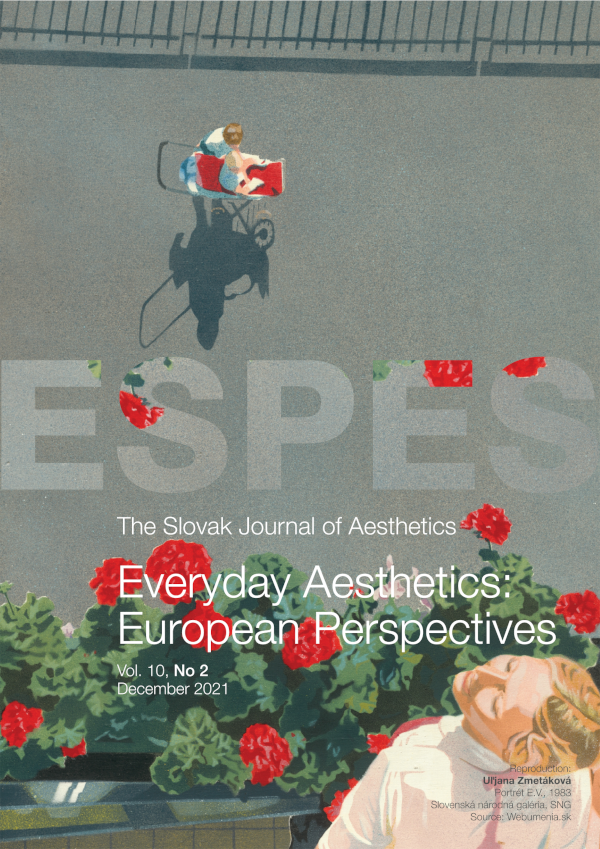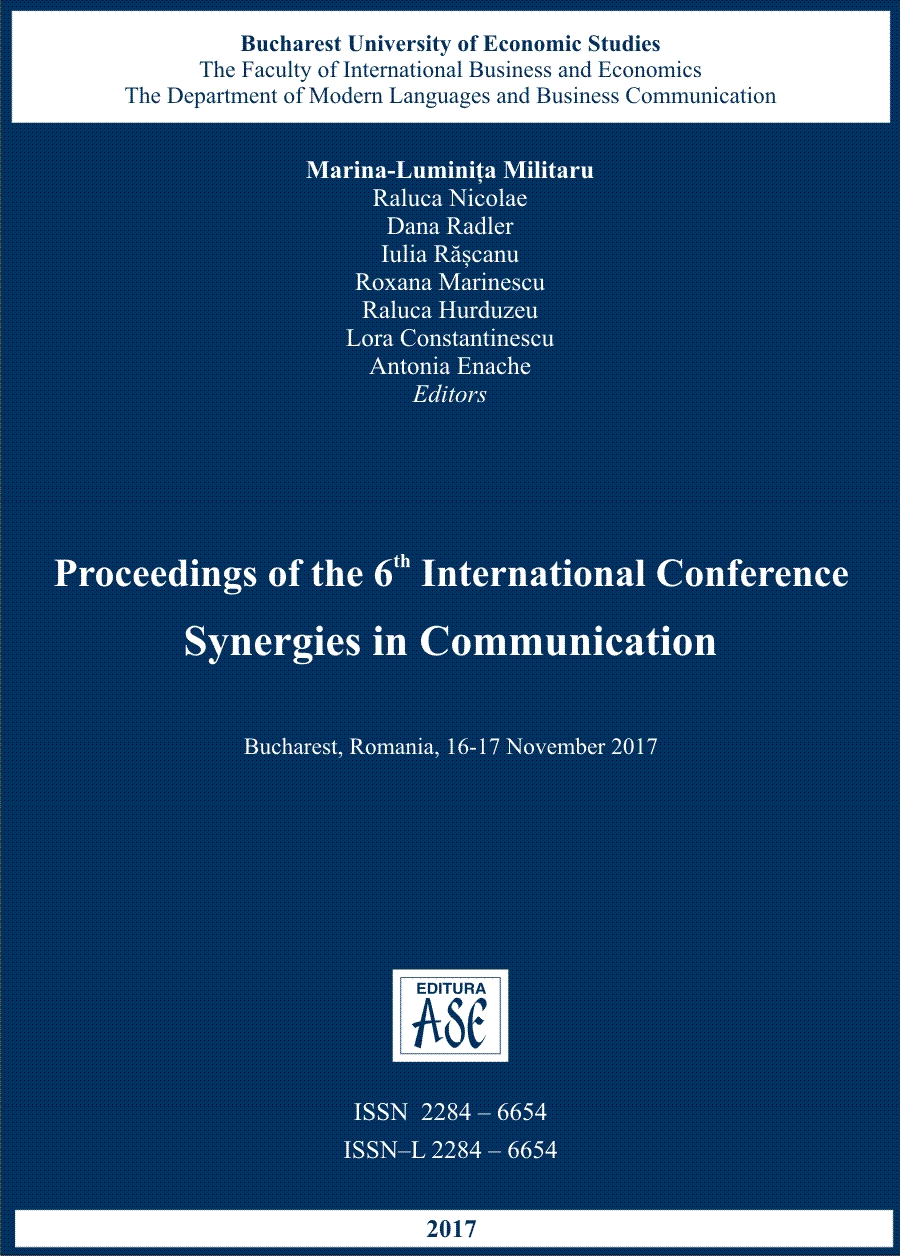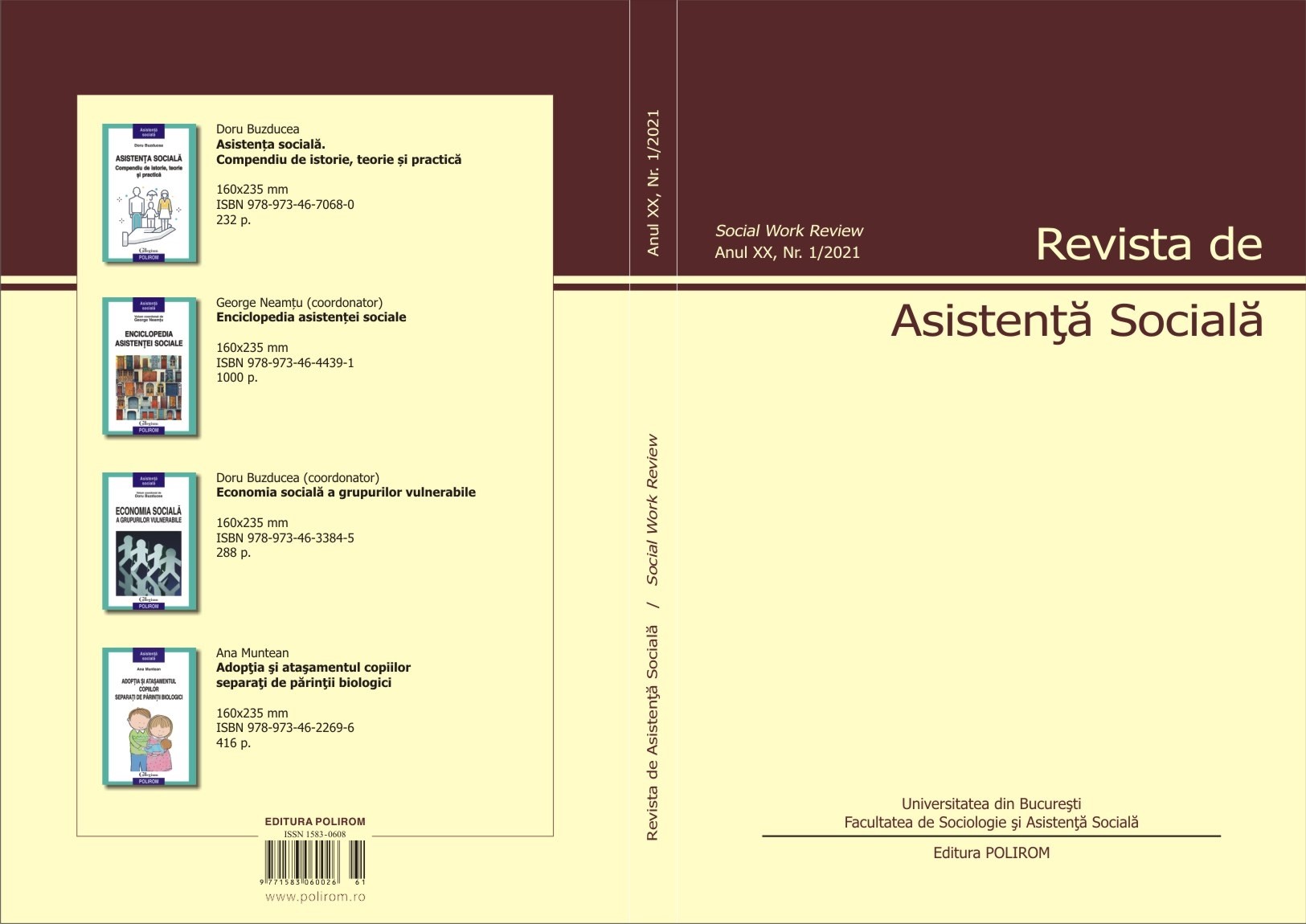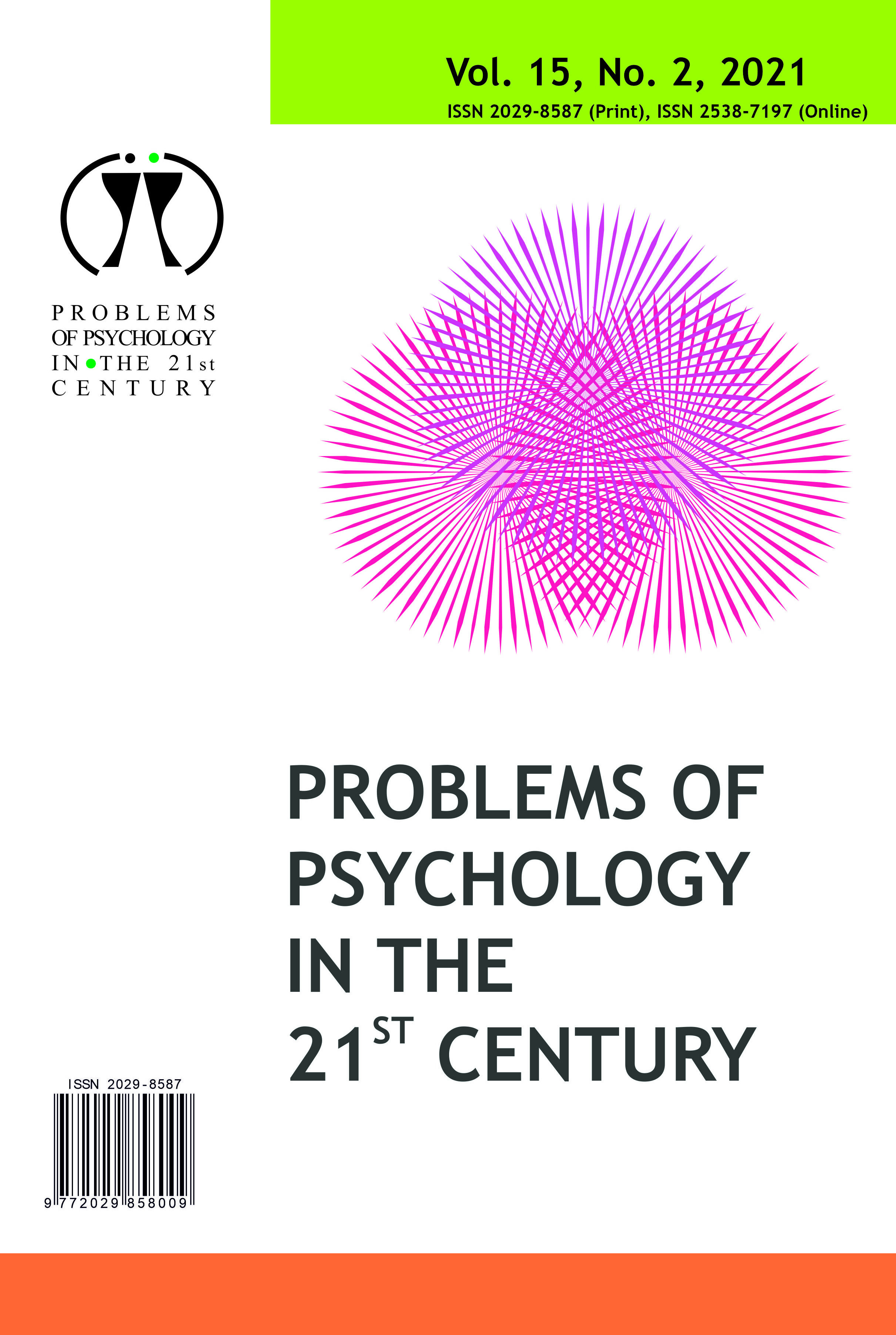A mindful model of sexual health: A review and implications of the model for the treatment of individuals with compulsive sexual behavior disorder
Author(s): Gretchen R. Blycker,Marc N. Potenza / Language(s): English
/ Issue: 4/2018
Keywords: mindfulness-based therapies; sexual health; compulsive sexual behavior disorder; hypersexuality; integrative sexual wellness education; respect-based sexuality
Mindfulness-based approaches, derived from centuries of eastern philosophy and practice, have been increasingly incorporated into western medicine. For example, data support the efficacy of mindfulness-based therapies to reduce stress and promote mental health. Methods. In this study, we briefly review models and approaches to sexual health in the context of considering compulsive sexual behavior disorder, describe mindfulness-based approaches to stress, addiction, and compulsive sexual behaviors, and present a Mindful Model of Sexual Health (MMSH) that incorporates elements of eastern and western philosophies. We further illustrate the clinical utility of the MMSH in a clinical case description. Results. We propose the MMSH as a holistic and integrative model that honors and acknowledges individual differences and provides mindfulness-based tools and practices to support individuals to proactively manage, balance, and promote sexual and mental health. The MMSH may be used as a framework to organize information regarding physical, mental, emotional, sexual, and relational health, as well as a conceptual map offering navigational skills to access information within one’s mind/body to make informed decisions to promote well-being regarding sexual satisfaction and health. In its organizational structure, the MMSH is divided into eight domains that are theoretically linked to biological functions and may be used to identify and overcome barriers to sexual health through mindful inquiries in clinical practice or educational settings. Discussion and conclusion. Given its focus on awareness of interoceptive processes through mind/body connectedness, the MMSH may resonate with a wide range of individuals, including those with compulsive sexual behavior disorder.
More...
